Nutrition is the foundation for attaining total well-being in the search for a healthy lifestyle. While exercise and appropriate rest are important, it is our diet that feeds our bodies and supplies the nutrients needed to sustain our emotional, mental, and physical well-being.
Adopting an integrated approach to nutrition enables us to make educated and conscientious decisions, which leads to a more balanced and full existence.
Body Nourishment
Nutrition is essential for sustaining our bodies and giving us energy for everyday tasks. A well-balanced diet rich in important elements including proteins, carbs, healthy fats, vitamins, and minerals ensures that the body operates properly.
These nutrients promote the development, repair, and upkeep of human tissues, as well as bone health and the immune system’s defense against infections and disorders.
Improving Mental Clarity and Emotional Balance
Our brain, which is the core of our ideas and emotions, is strongly reliant on the nutrition we ingest. A brain-boosting diet rich in omega-3 fatty acids, antioxidants, and complex carbohydrates can promote cognitive skills, memory recall, and focus.
Furthermore, appropriate eating helps to stabilize mood and lowers the risk of mental health illnesses. Ensuring an adequate diet of vitamins and minerals such as B-complex vitamins, magnesium, and zinc can have a favorable influence on emotional well-being, aiding in the management of stress and anxiety.

Immune System Enhancement
Our bodies’ first line of protection against diseases and infections is a healthy immune system. Nutrition is critical in enhancing this protective system.
Vitamin C, vitamin D, zinc, and antioxidants serve to improve the immune system, making it more capable of fighting diseases.
Digestive Health Support
A good diet supports digestive health by guaranteeing the body processes down food and absorbs important nutrients appropriately. A fiber-rich diet promotes gut health, prevents constipation, and lowers the likelihood of gastrointestinal illnesses.
Furthermore, a well-balanced diet rich in probiotics and prebiotics promotes a diversified and flourishing gut microbiota, which is important for digestion and general health.
Keeping a Healthy Weight
Following a complete diet also addresses the challenge of sustaining your weight. Eating a well-balanced diet rich in whole foods can help manage appetite and prevent overeating.
Furthermore, optimal nutrition promotes the consumption of nutrient-dense meals over empty-calorie alternatives, resulting in increased satiety and weight management.
Chronic Disease Prevention
Nutrition is important in the prevention of chronic illnesses such as heart disease, diabetes, and some malignancies. A low-saturated-fat, refined-sugar, and high-sodium diet, along with frequent consumption of fruits, vegetables, and whole grains, can dramatically minimize the risk of these life-threatening illnesses.
- Adopting a comprehensive approach to eating is critical for general health and well-being.
- Nutritious foods not only give energy for everyday tasks, but they also promote mental clarity, emotional stability, and a strong immune system.
Proper nutrition promotes a more satisfying and vibrant life by promoting a healthy weight and avoiding chronic illnesses. Remember that the decisions we make now will impact our health and quality of life in the future, making a balanced and nutritious diet the foundation of a healthy future.

